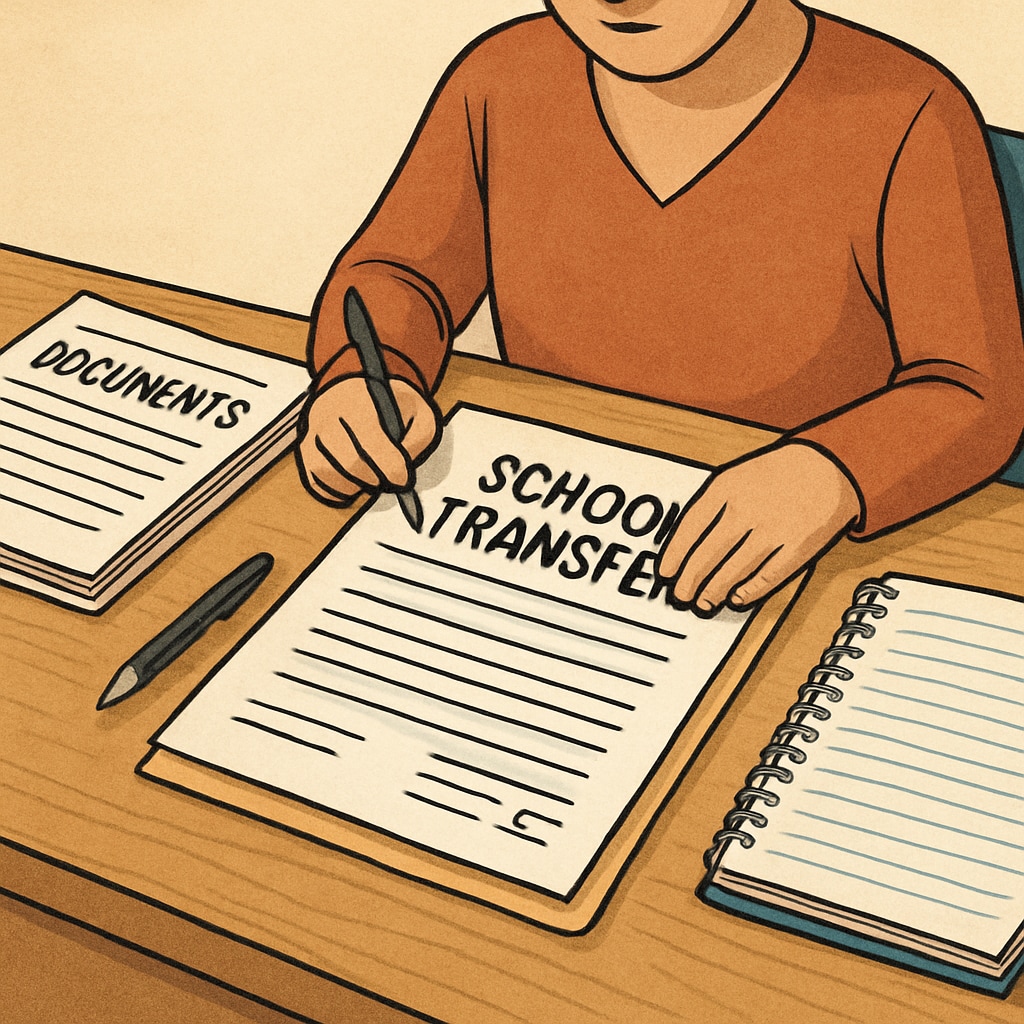Instances of improper communication between school districts can create significant barriers for families pursuing school transfers, especially when children face discrimination or other challenges. These “unwritten rules” often prioritize bureaucratic convenience over the needs of students, raising concerns about education equity and fairness. Addressing this issue requires transparent policies and systems that center on the wellbeing of students and families.
How School District Communication Can Undermine Fairness
School districts often interact to facilitate various administrative processes, but in some cases, these communications can become a roadblock for families seeking transfers. For example, informal agreements or practices—sometimes referred to as “unwritten rules”—may lead districts to discourage or block transfer requests. This can happen when districts prioritize retaining students for funding purposes or aim to avoid addressing systemic issues like discrimination within their schools.

Such practices not only harm students but also undermine the principle of school choice, a key aspect of ensuring education fairness. Families experiencing these obstacles often find themselves stuck in districts or schools where their children face ongoing challenges, including discrimination or inadequate resources.
The Impact on Families and Students
When school districts engage in improper communication practices, the consequences can be severe. Students who are denied transfers may continue to face environments that are hostile or unfit for their educational needs. Families, on the other hand, often experience frustration and helplessness as they navigate opaque and inconsistent policies.
Research highlights several key impacts:
- Prolonged exposure to discriminatory practices can negatively affect a child’s mental health and academic performance.
- Families may feel disenfranchised and lose trust in the education system.
- These barriers can perpetuate inequality, particularly for marginalized communities.

For example, a report by the Encyclopaedia Britannica highlights the importance of equitable education systems in fostering social mobility and reducing disparities. However, when districts fail to facilitate transfers transparently, these goals are jeopardized.
Solutions for Transparent and Student-Centered Policies
To combat these challenges, it is crucial to implement systems that prioritize transparency and fairness. School districts must focus on creating policies that center on the needs of students rather than administrative or financial interests.
Key recommendations include:
- Establishing clear transfer procedures that are accessible to all families.
- Training district staff to handle transfer requests with fairness and empathy.
- Introducing oversight mechanisms to monitor district communications and ensure compliance with equity standards.
- Engaging families and community stakeholders in policy development.
Moreover, resources such as Education Policy on Wikipedia can provide insights into global best practices that districts can adapt to their local contexts.
Advocating for Change
Families and advocates play a critical role in pushing for reforms. By raising awareness of improper communication practices and their consequences, they can encourage school districts to adopt fair and transparent policies. Additionally, legal measures and advocacy groups can help hold districts accountable when they fail to prioritize education equity.
Breaking down these barriers is essential not only for individual families but also for the broader goal of creating an equitable education system that serves all students. Through collaboration and advocacy, we can ensure that school choice is not merely a theoretical concept but a practical reality for every family.
Readability guidance: Use concise paragraphs and lists to summarize key points. Incorporate transitions (e.g., however, therefore) for smoother flow. Keep passive voice to a minimum and maintain sentence length within recommended limits.


